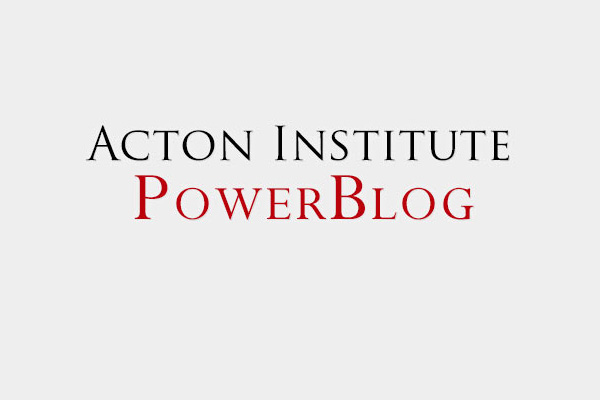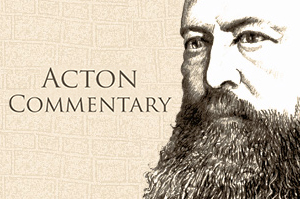January 12, 2018
Posts by Joe Carter
January 11, 2018
The 5 most dangerous countries to be a Christian in 2018
January 10, 2018
Why Catholic Social Teaching falls on deaf ears
January 09, 2018
The tragedy of the commons
January 08, 2018
Woodrow Wilson’s radical vision for free trade
January 05, 2018
Unemployment as economic-spiritual indicator — December 2017 report
January 04, 2018
11 things you should know about the minimum wage
As is becoming a common New Year’s theme, the minimum wage increased on Monday in more than a dozen states across the U.S. According to the Economic Policy Institute, 18 states increased the lowest legal wage allowed:
• Alaska: $9.84, $.04 increase
• Arizona: $10.50, $.50 increase
• California: $11.00, $.50 increase
• Colorado: $10.20, $.90 increase
• Florida: $8.25, $.15 increase
• Hawaii: $10.10, $.85 increase
• Maine: $10.00, $1.00 increase
• Michigan: $9.25, $.35 increase
• Minnesota: $9.65, $.15 increase
• Missouri: $7.85, $.15 increase
• Montana: $8.30, $.15 increase
• New Jersey: $8.60, $.16 increase
• New York: $10.40, $.70 increase
• Ohio: $8.30, $.15 increase
• Rhode Island: $10.10, $.50 increase
• South Dakota: $8.85, $.20 increase
• Vermont: $10.50, $.50 increase
• Washington: $11.50, $.50 increase
Out of the 19 states that raised minimum wages last year, 16 raised them again in 2018 (Alaska, Arizona, California, Colorado, Florida, Hawaii, Maine, Michigan, Missouri, Montana, New Jersey, New York, Ohio, South Dakota, Vermont, and Washington). Continue Reading...

January 02, 2018
Why entrepreneurs want to turn public goods into club goods
Note: This is post #62 in a weekly video series on basic microeconomics.
Club goods are goods that are nonrival and excludable, says economist Alex Tabarrok. For instance, HBO is a club good, as you need to pay a monthly fee to access HBO (excludable) but more viewers does not add to costs (nonrival). Continue Reading...

December 29, 2017
Top 10 PowerBlog posts for 2017
As we come near to the end of another year, we want to thank readers of PowerBlog for reading, commenting, and sharing our posts over the past twelve months.
If you’re a new reader we encourage you to catch up by checking out our top ten most popular posts for 2017. Continue Reading...

December 28, 2017
The Year in Acton Commentary 2017
Every Wednesday we publish the Acton Commentary, a weekly article that covers topics related to the mission of the Acton Institute. As 2017 comes to a close we thought it would be worth highlighting the top ten commentaries produced by Acton staffers and contributors over the past year. Continue Reading...

